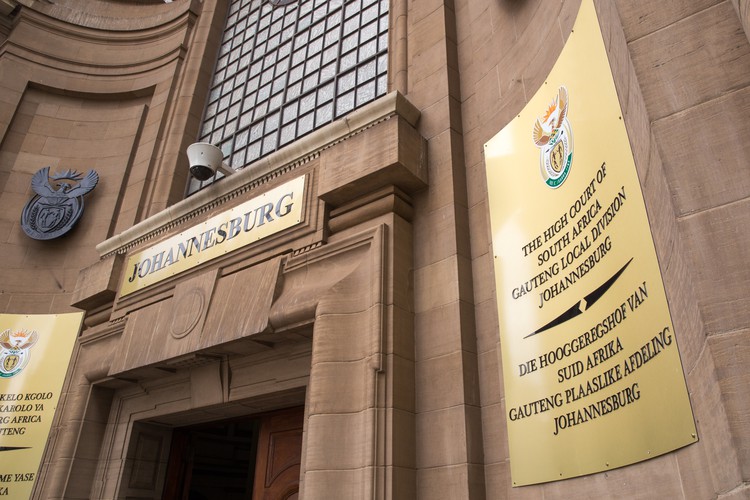
26 November 2025
Médecins Sans Frontières (MSF), Treatment Action Campaign (TAC) and Kopanang Africa Against Xenophobia (KAAX) have gone to the South Gauteng High Court to compel the state to ensure that people have safe and unhindered physical access to clinics. Archive photo: Ashraf Hendricks
Médecins Sans Frontières, the Treatment Action Campaign, and Kopanang Africa Against Xenophobia (KAAX) have gone to the South Gauteng High Court to compel the state to ensure that people have safe and unhindered physical access to the Rosettenville and Yeoville clinics. The case has been brought on an urgent basis.
They want xenophobic vigilantes, who are stopping immigrants and undocumented people from accessing health services, removed from gatekeeping at the clinics.
In heads of argument, SECTION27, representing the applicants, said the various respondents in the City of Johannesburg, health departments, and the South African Police Service (SAPS) have “a collective duty to ensure safe and unhindered access to healthcare”.
“However, they have taken no meaningful and effective steps to protect access to these clinics, they have failed to implement any coordinated plans, and they have not responded to the applicants’ repeated demands for action.”
The applicants therefore seek a mandatory interdict requiring that the respondents
Part B of the case seeks a final interdictory relief with broader structural relief to address vigilantism in other healthcare institutions across Gauteng.
The court action follows numerous reports of xenophobic vigilante actions at dozens of clinics, with Rosettenville and Yeoville being “hot spots”.
Vigilantes have denied patients access to antiretroviral therapy (ART), immunisation of children, essential medication for the management of chronic diseases, and from getting referrals to provincial and national healthcare facilities.
SECTION27 said in a statement: “This hindrance affects everyone seeking medical assistance, including pregnant and lactating women, infants, and children – groups that are particularly dependent on continuous medical care.”
The organisations say the denial of access to healthcare affects the broader public, as untreated illnesses and disrupted medical treatment can have serious consequences for communities.
Gauteng High Court Judge Leicester Adams earlier this month granted an interdict preventing Operation Dudula members from demanding ID documents from members of the public.
The judge also directed the government to implement the National Action Plan to Combat Racism, Racial Discrimination, Xenophobia and related intolerances.
But Operation Dudula appears to have continued its xenophobic vigilantism in violation of the interdict.
SECTION27 argues that they are “not able to identify the vigilantes operating at the Yeoville and Rosettenville clinics and, even if their identities could be established, they are likely to be replaced by further, unknown individuals”.
It therefore seeks relief through the current application, since “only the respondents have the means and legal authority to demand that the vigilantes identify themselves, and to take effective action to remove them from their premises”.
The applicants noted that xenophobic vigilantes acted “in full view of security staff and even police officers who have failed to stop such actions. Security staff have also been observed assisting or collaborating with the unidentified individuals”.
In responding heads of argument, the national and provincial health departments maintain they are “not directly involved in the management and administration of clinics”, which fall under the City of Johannesburg, and they were “inappropriately joined in these proceedings”.
In its response, SAPS maintained “that it has discharged its duty and will continue to do so as mandated by the constitution”, and “the applicants have failed to discharge the onus resting on them that the SAPS respondents have done nothing to investigate and arrest vigilantes.”
“Instead, the uncontroverted evidence is that the police have arrested, investigated and submitted dockets to the NPA for decisions to prosecute.”
In its heads of argument, SECTION27 said the respondents were engaged in an exercise of collective buck-passing.
“National and provincial governments blame the City of Johannesburg and the South African Police Service (SAPS). The SAPS in turn blames the victims for allegedly failing to report these unlawful acts. And the City said nothing at all, as it has failed to file any answering affidavits.”
“The City, as owner of the clinics, has the primary statutory power to confront and remove the vigilantes from its facilities. However, this will necessarily require the involvement of the SAPS and the support, assistance and oversight of the other respondents, should the City lack the resources or will to take effective action.”
Judgment was reserved and will be delivered to the parties via email next week.